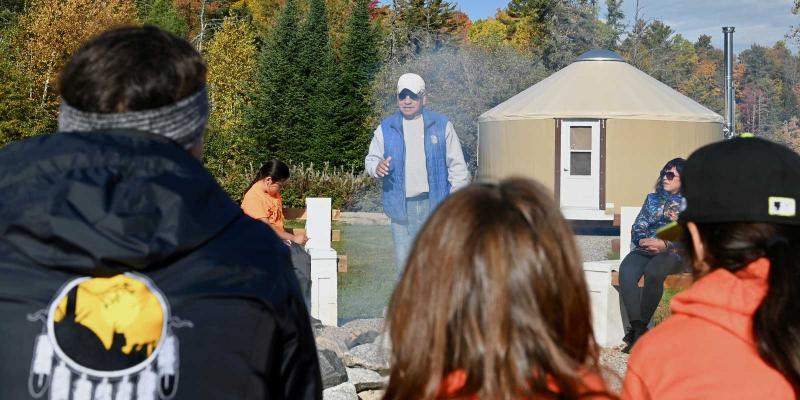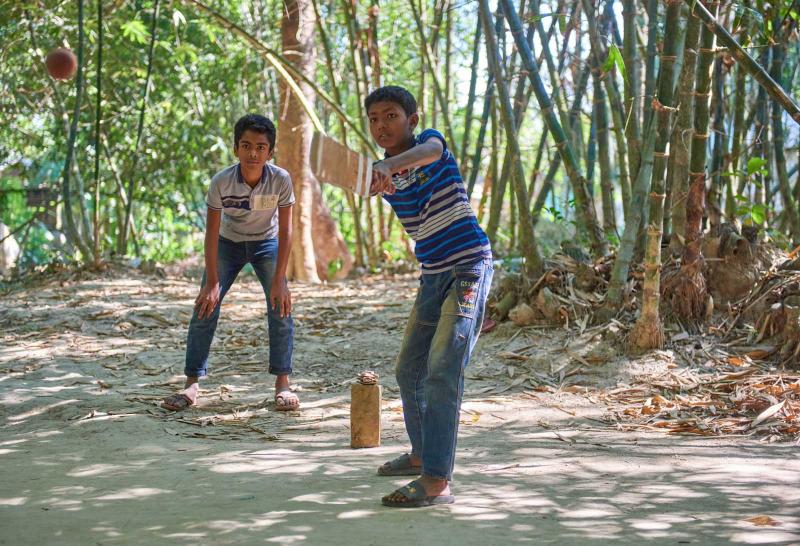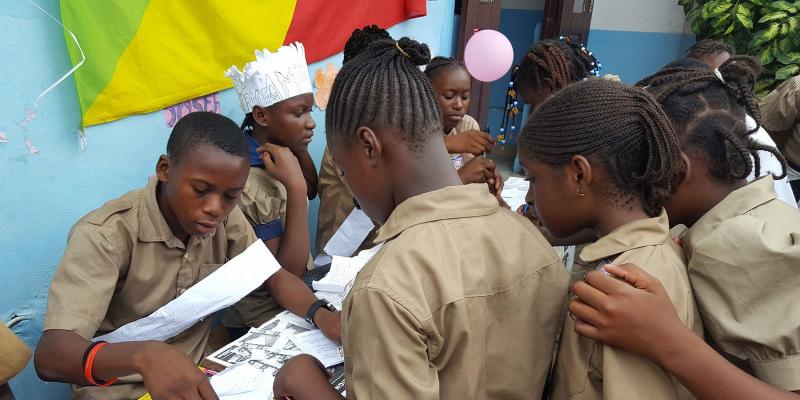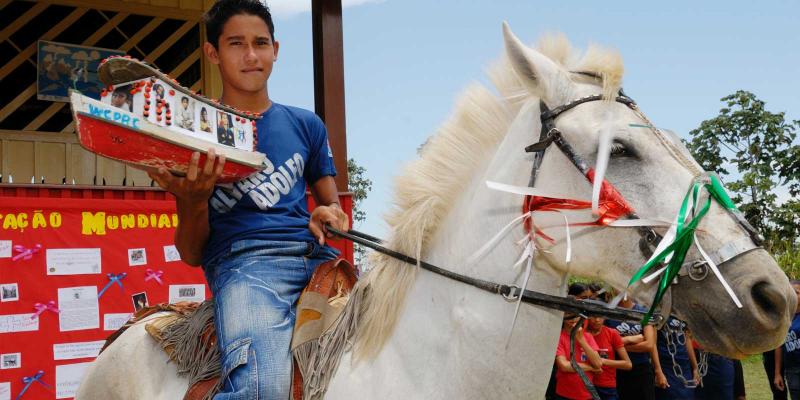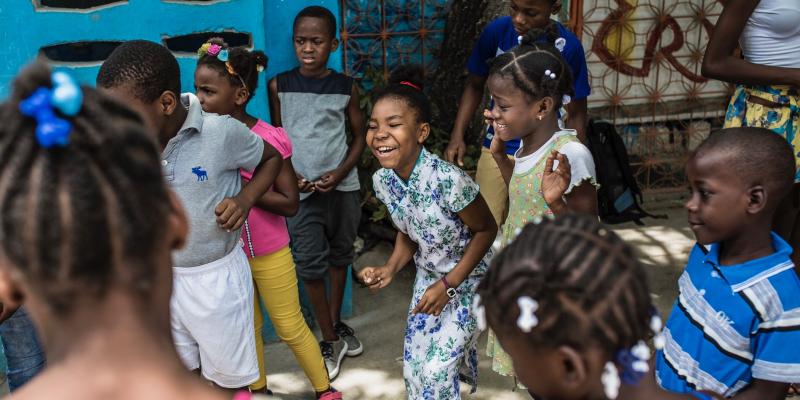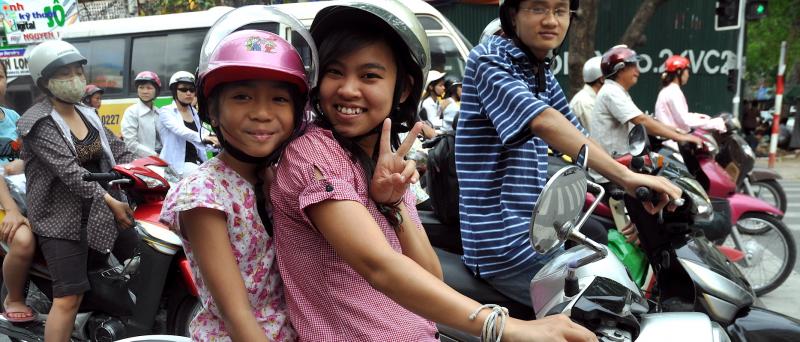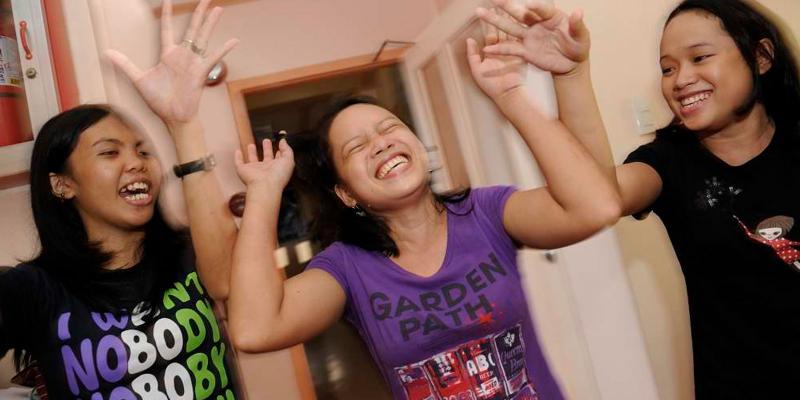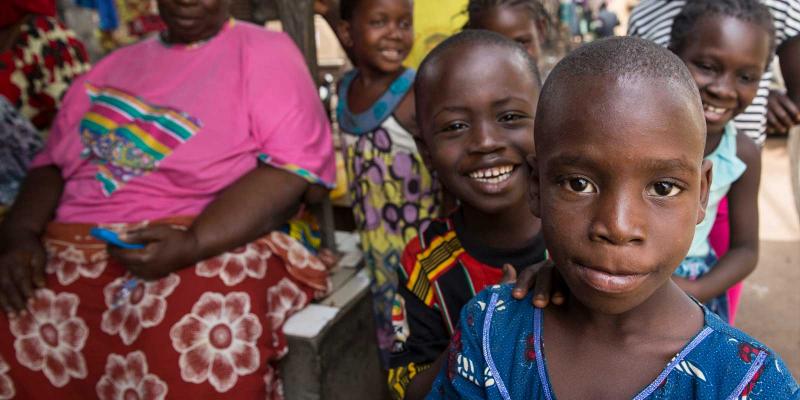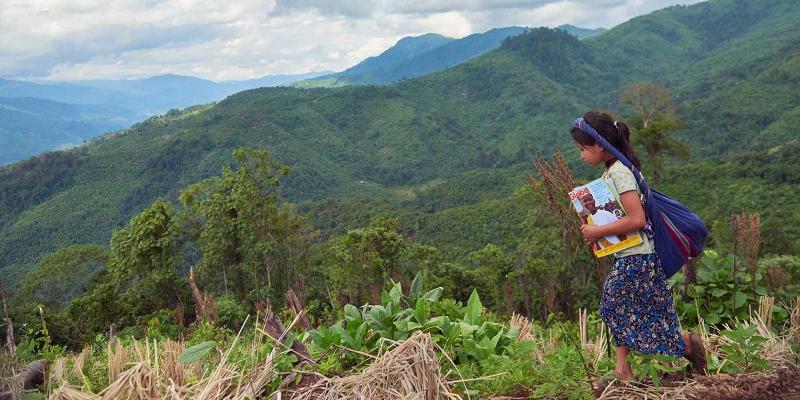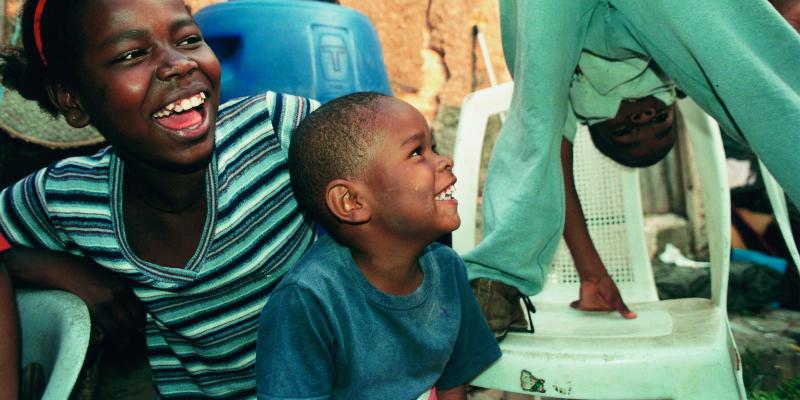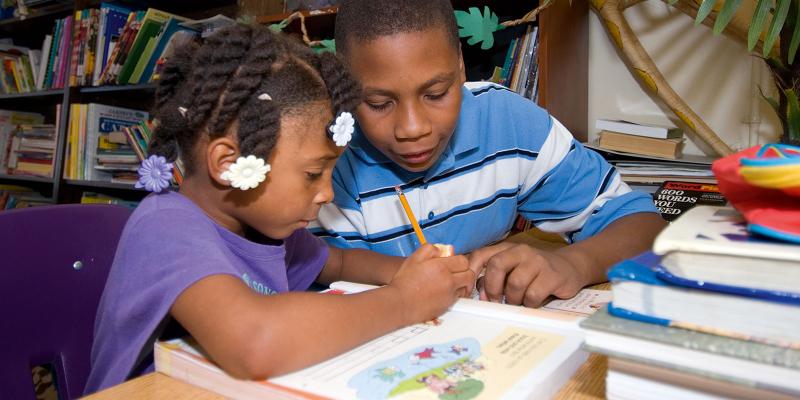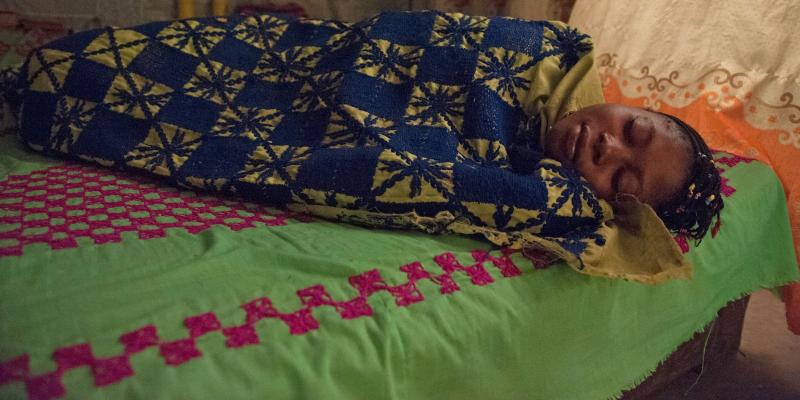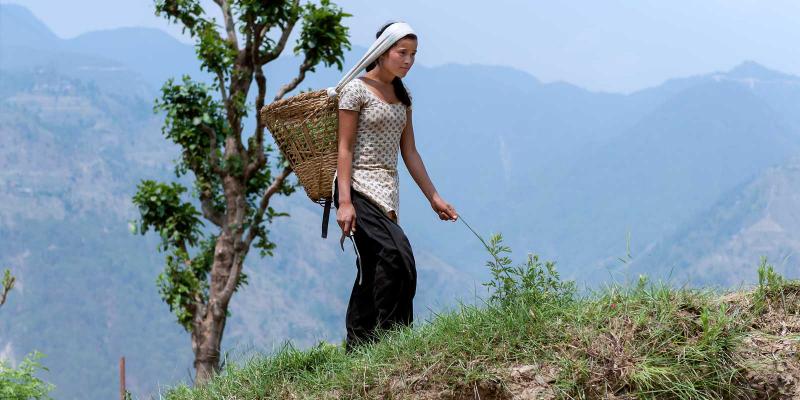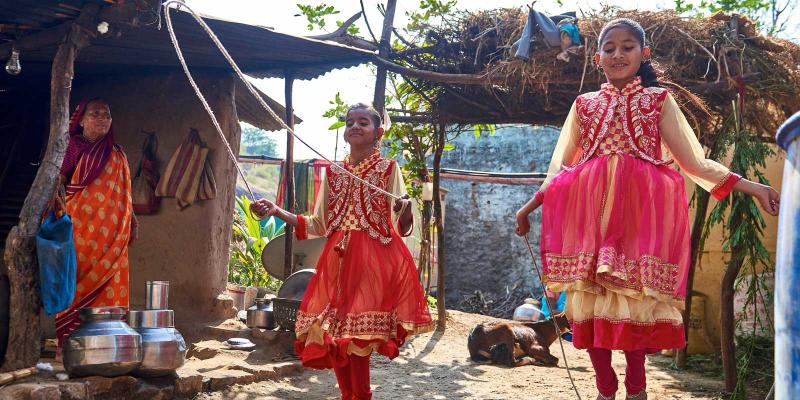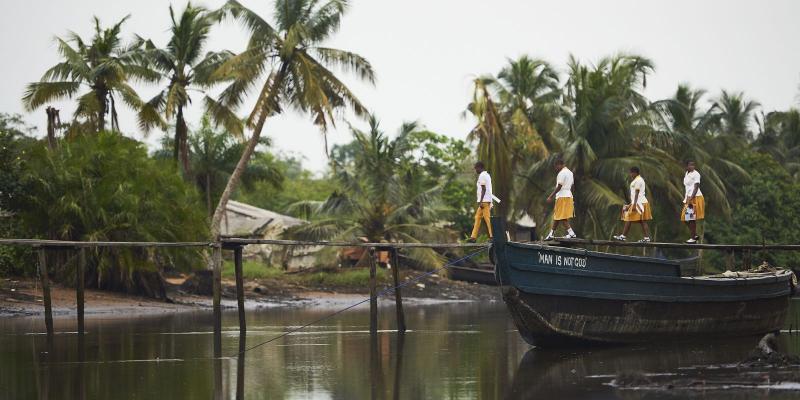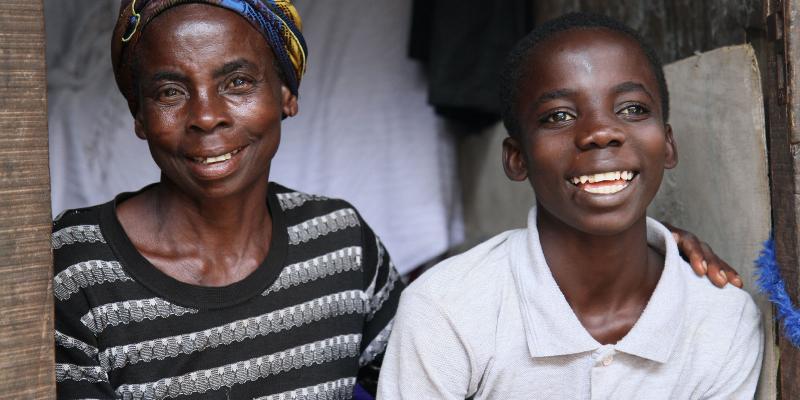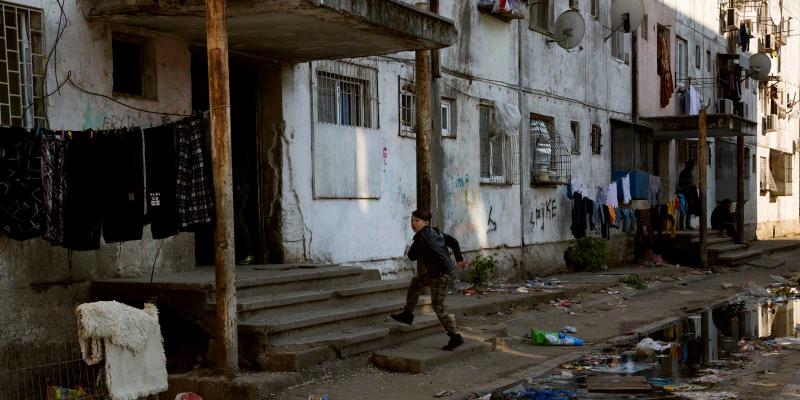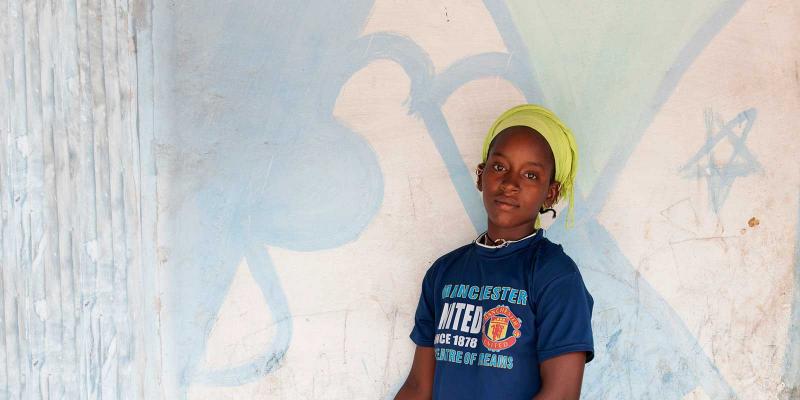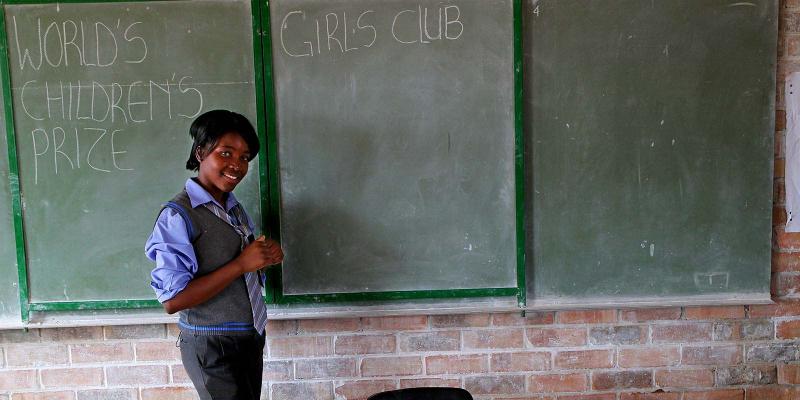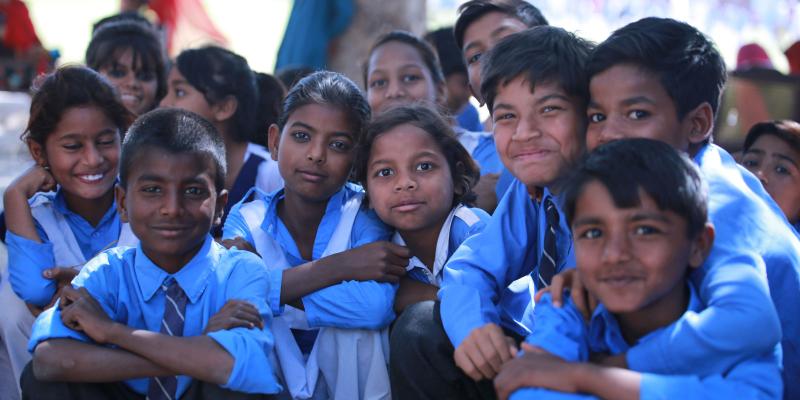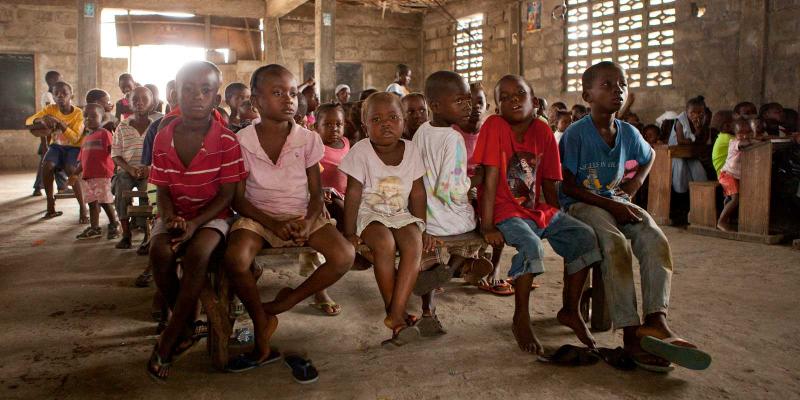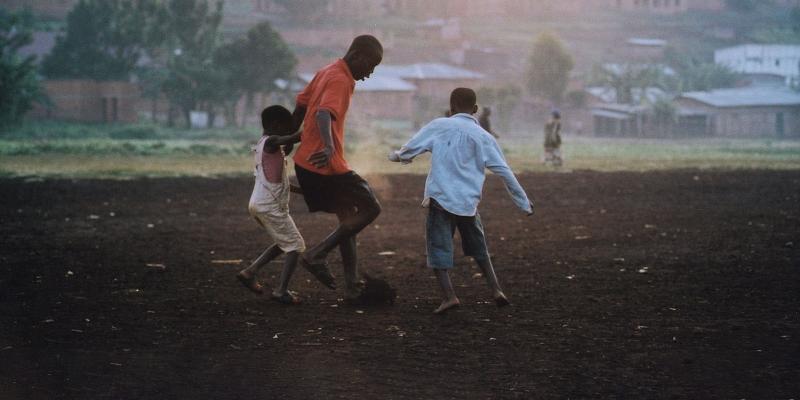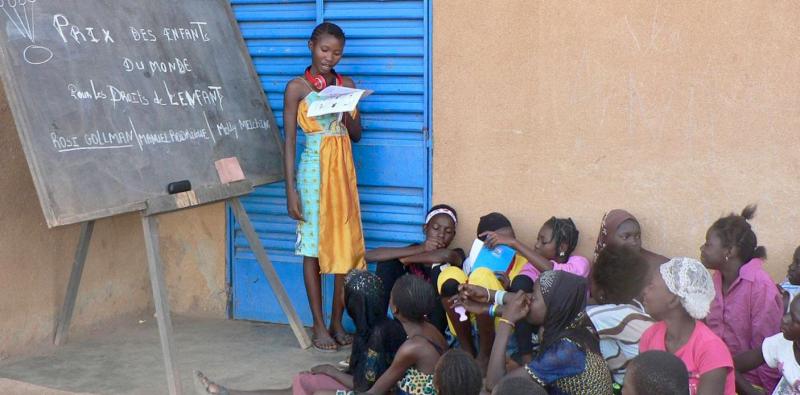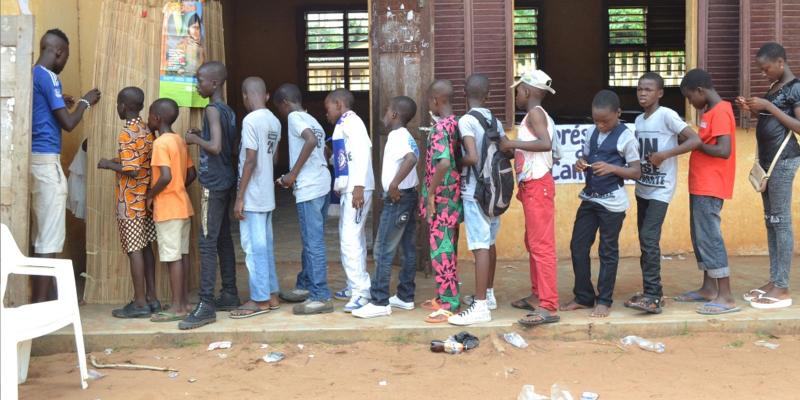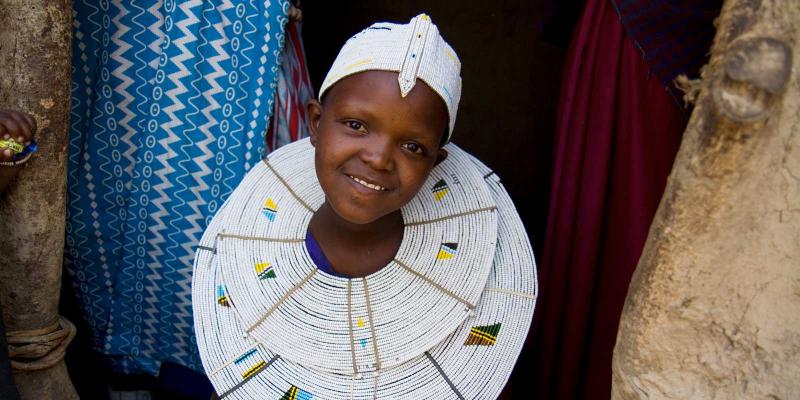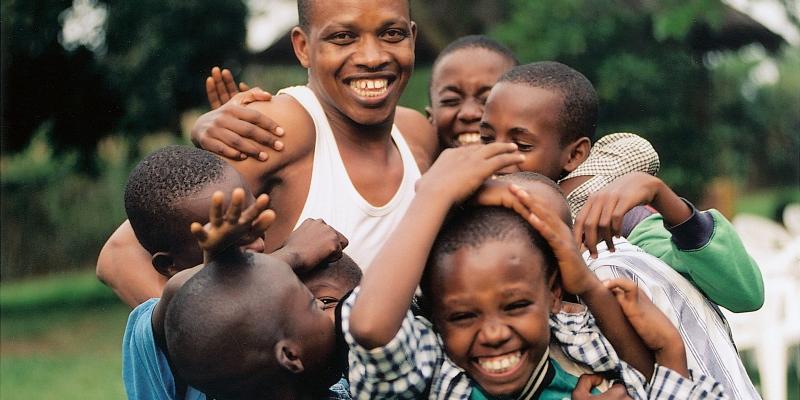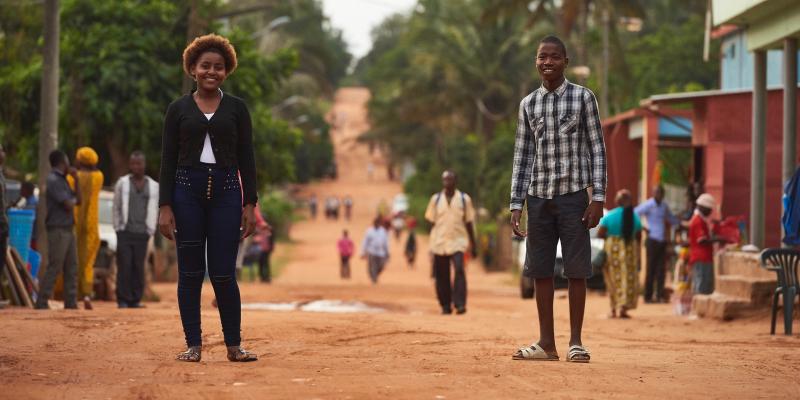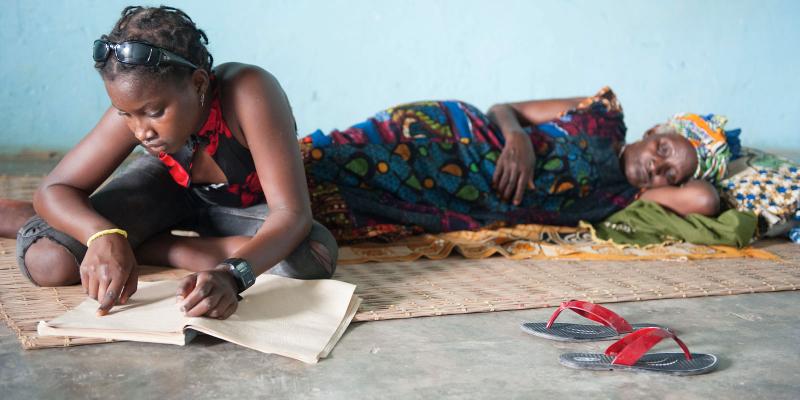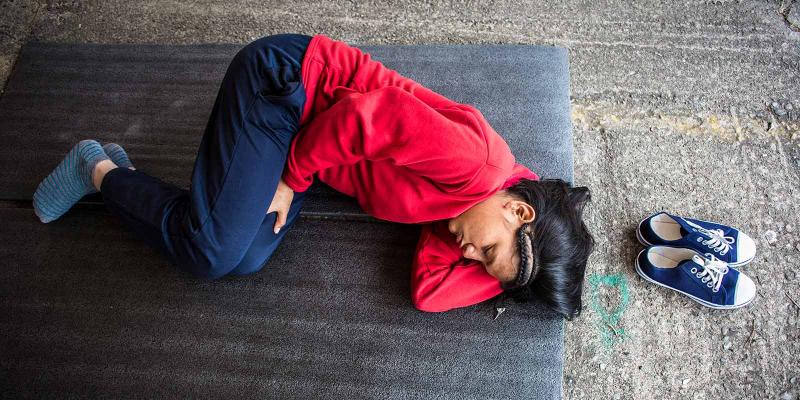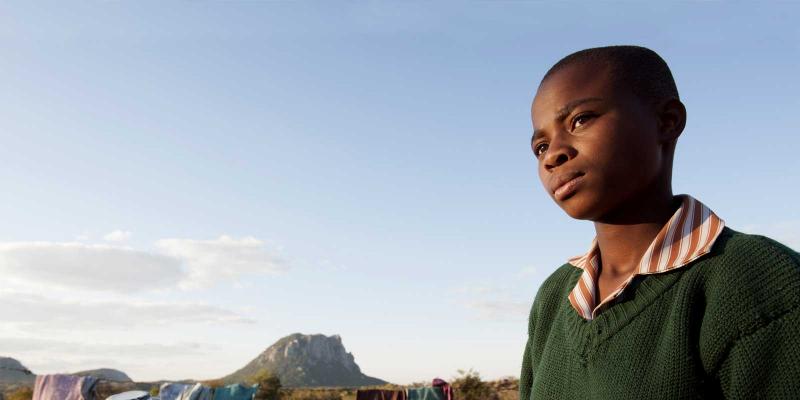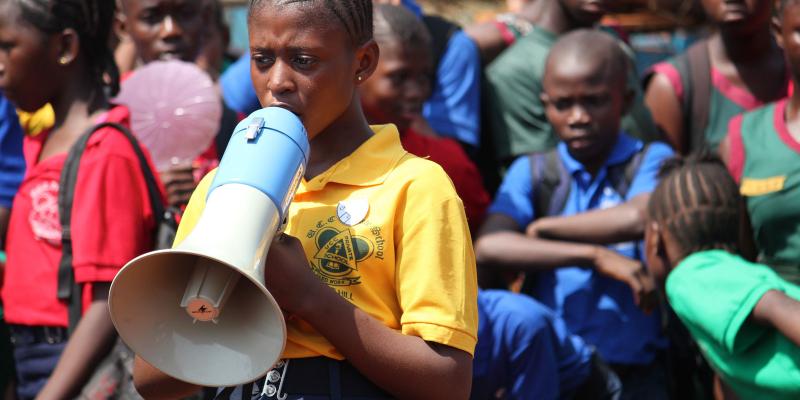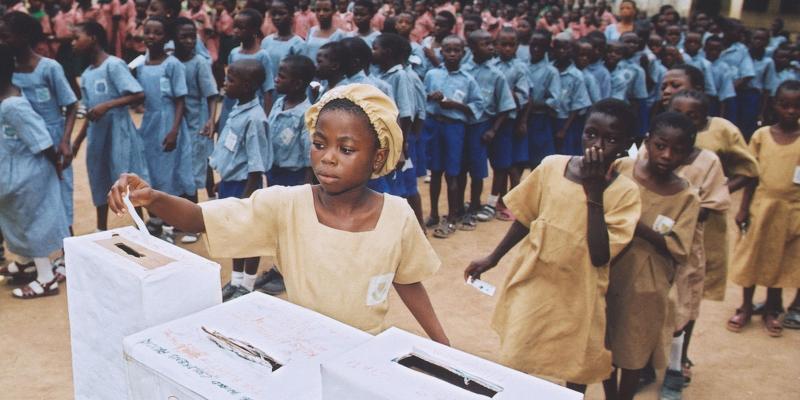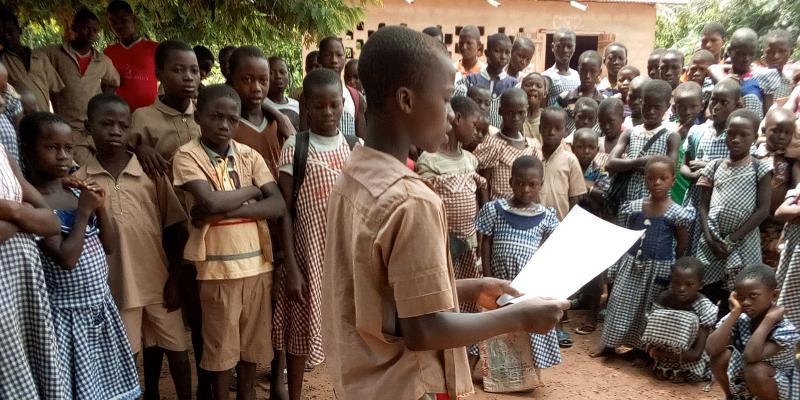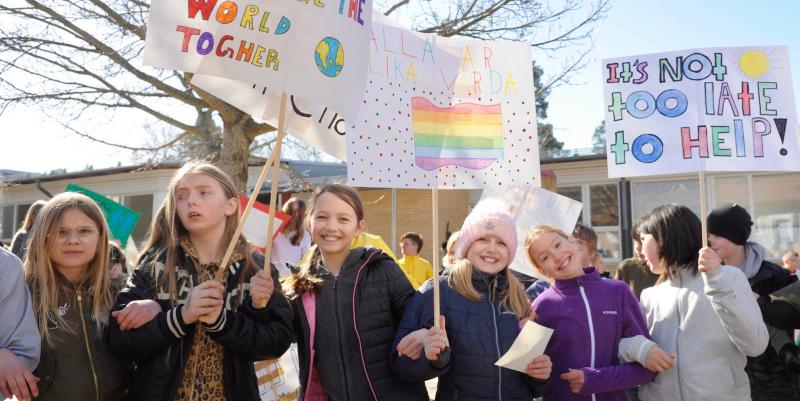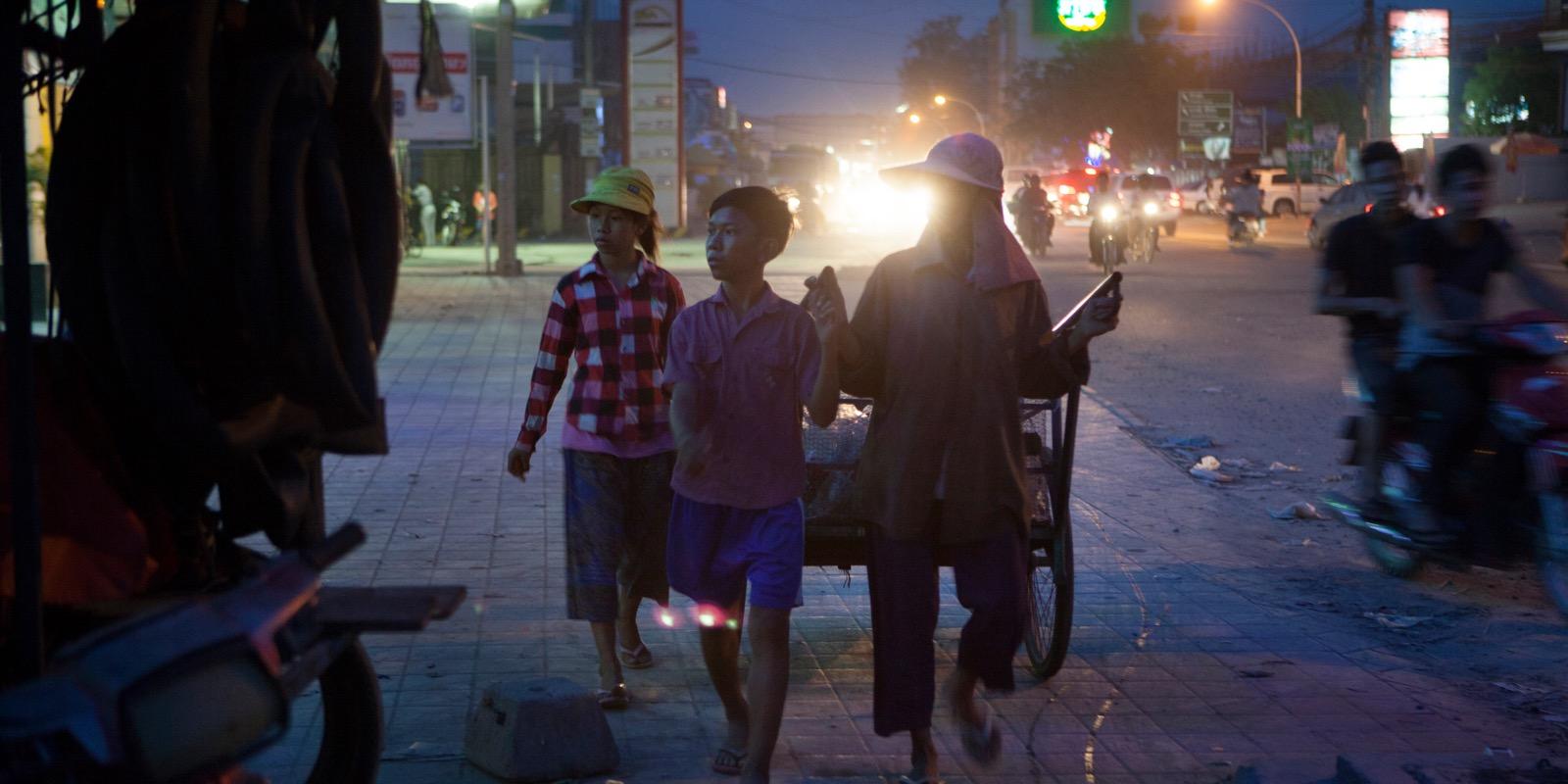
How are Cambodia’s children?
Cambodia has ratified (pledged to follow) the UN Convention on the Rights of the Child. This means that Cambodia must respect the rights of the child and listen to what children have to say. Are the rights of the child respected in Cambodia?
6 million children
16.7 million people live in Cambodia. 6 million are children, and 1.8 million of the children are under five years old.Name and nationality
From the day you are born you have the right to have a name and to be registered as a citizen in your country. 360,000 children are born every year in Cambodia. 3 out of 10 of them are never registered. There is no documented proof that they exist, which could make it difficult for them to get health care and education.Survive and grow
You have the right to life. Cambodia must do all it can to allow children to survive and develop. In Cambodia 1 out of 38 children (9,260 every year) dies before the age of 5, usually due to causes that could have been prevented.
Channy, 12, fetches water to wash and make breakfast in a pond near her small, square, one-roomed house with a tin roof. Her parents have gone to Cambodia’s neighbouring country Thailand to find work. There are no jobs in Channy’s
small village. © Kim Naylor/WCPF
Health & well-being
You have the right to clean water, nourishment, healthcare and to privacy when consulting an adult about any health issue. 7 out of 10 children in Cambodia have access to drinking water, and 7 out of 10 have access to sanitation facilities.
Channy, 12, and her little sister cook and eat in their kitchen area. Channy gets support from Child Rights Hero John Wood to be able to go to school. © Kim Naylor/WCPF
Life at home
You have the right to a decent living standard, a good home, food, clothing, and security. Nearly 9 out of 10 children in Cambodia live in poverty. That does not just mean their family has little money. To live in poverty can mean that a child lacks all or any basic needs such as shelter, education, nutrition, water or health services.
Sacty, 14, lives in Kompong Phluk, a floating fishing village. She loves school.
“My grandfather keeps nagging me, saying that I should quit school and start
working again, but my mother refuses ... I’m going to build a better future for me and my whole family!” More about Sacty. © Kim Naylor/WCPF
Education
You have the right to go to school. Primary and secondary schools should be free for everyone. More than 9 out of 10 children in Cambodia go to school. However, many of them leave school early, especially girls.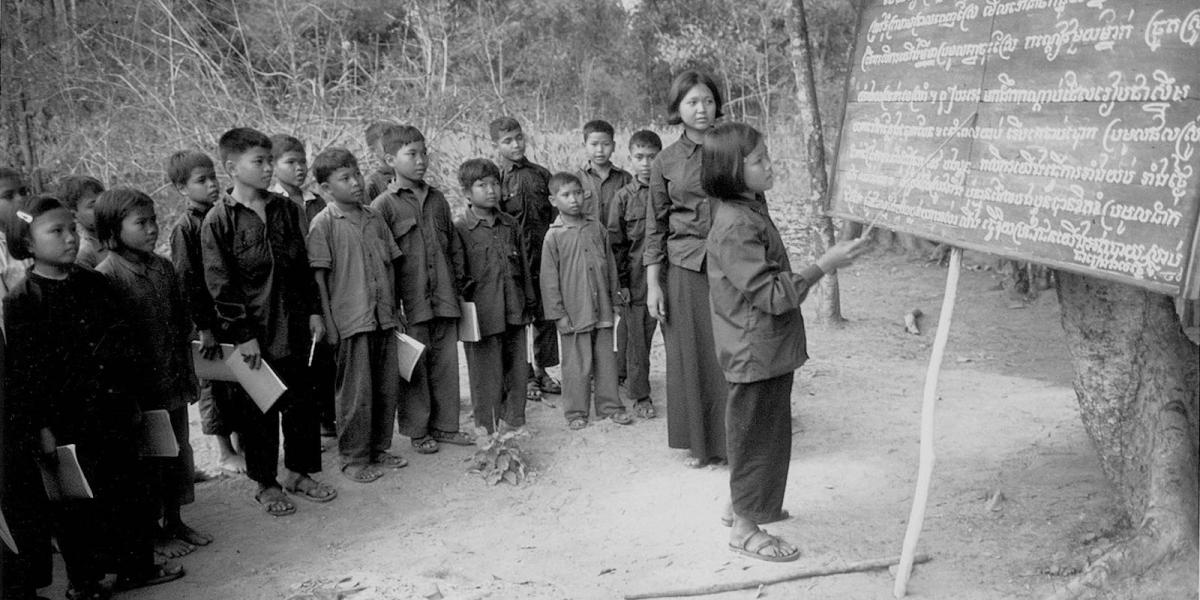
During the Khmer Rouge dictatorship in Cambodia, children were both treated violently and forced to use violence. Child Rights Hero Phymean Noun grew up during this dark period.
Protection against violence
You have the right to protection against all forms of violence, including neglect, maltreatment and abuse. Many children in Cambodia are victims of violence both at home and in school. Girls are especially vulnerable to domestic violence. In Cambodia, circa 1 out of 10 teenage girls have experienced physical, sexual or psychological violence by a current or former partner. Some children are also exposed to false information, hate crimes and sexual abuse on the Internet. Only 63 countries have forbidden all forms of corporal punishment for children. Cambodia has not.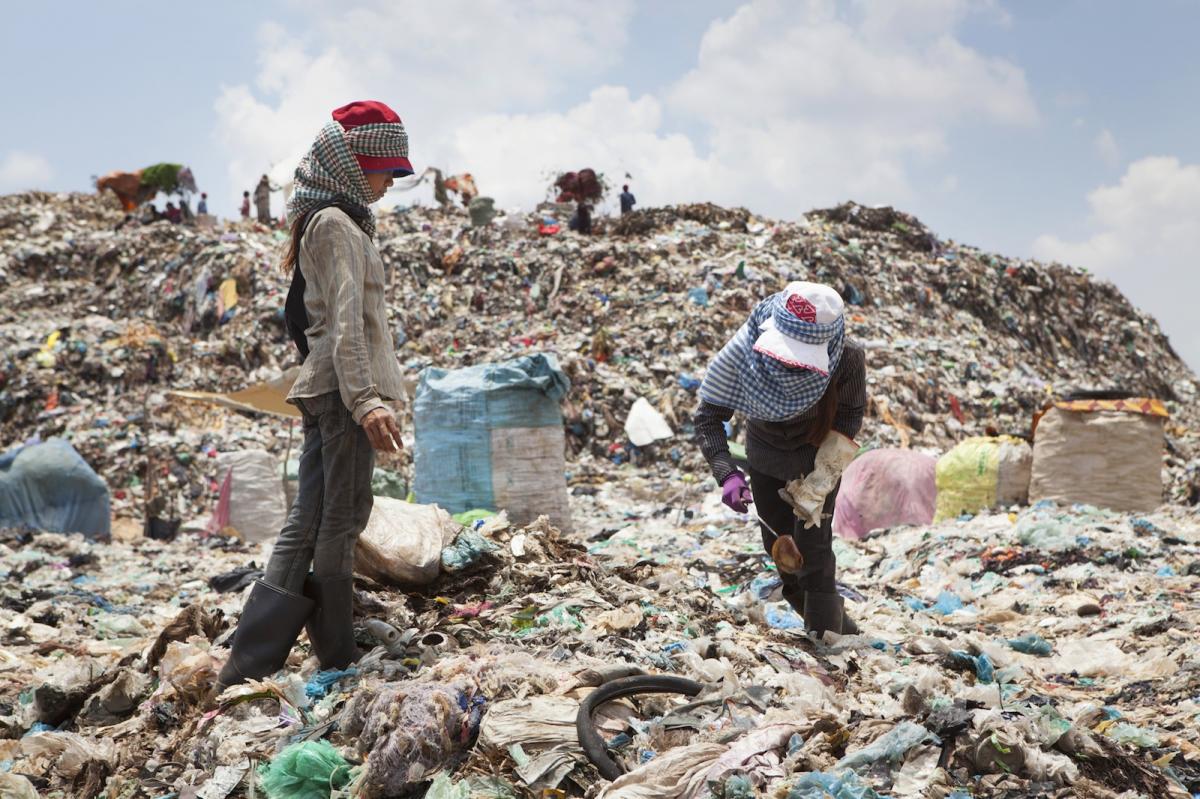
Kean and her sister spend every day looking for trash they can sell. Sometimes they are so hungry that they eat food that others have thrown out. The clothes they wear come from the dump too. More about Kean © Alexandra Ellis/WCPF
Hazardous child labour
More than 1 out of 10 children aged 5-17 in Cambodia have to work. You have the right to be protected against both economic exploitation and work that is hazardous to your health or which prevents you from going to school. All work is prohibited for children under 12. Some children are forced into the worst forms of child labour, such as being debt slaves, child soldiers or used for commercial sexual exploitationYour voice must be heard
You have the right to say what you think about any issue that affects you. The adults should listen to the child’s opinion before they make decisions, which must always be made in the best interest of the child! Today, many children make their voices heard online but far from everyone. The digital divide is shrinking faster than before but still, less than 1 out of 10 children and young people in low-income countries have internet access compared to circa 9 out of 10 in high-income countries.Related stories
WORLD'S CHILDRENS PRIZE FOUNDATION
Långgatan 13, 647 30, Mariefred, Sweden
Phone: +46-159-129 00 info@worldschildrensprize.org
© 2020 World’s Children’s Prize Foundation. All rights reserved. WORLD'S CHILDREN'S PRIZE®, the Foundation's logo, WORLD'S CHILDREN'S PRIZE FOR THE RIGHTS OF THE CHILD®, WORLD'S CHILDREN'S PARLIAMENT®, WORLD'S CHILDREN'S OMBUDSMAN®, WORLD'S CHILDREN'S PRESS CONFERENCE® and YOU ME EQUAL RIGHTS are service marks of the Foundation.


x
x
x

